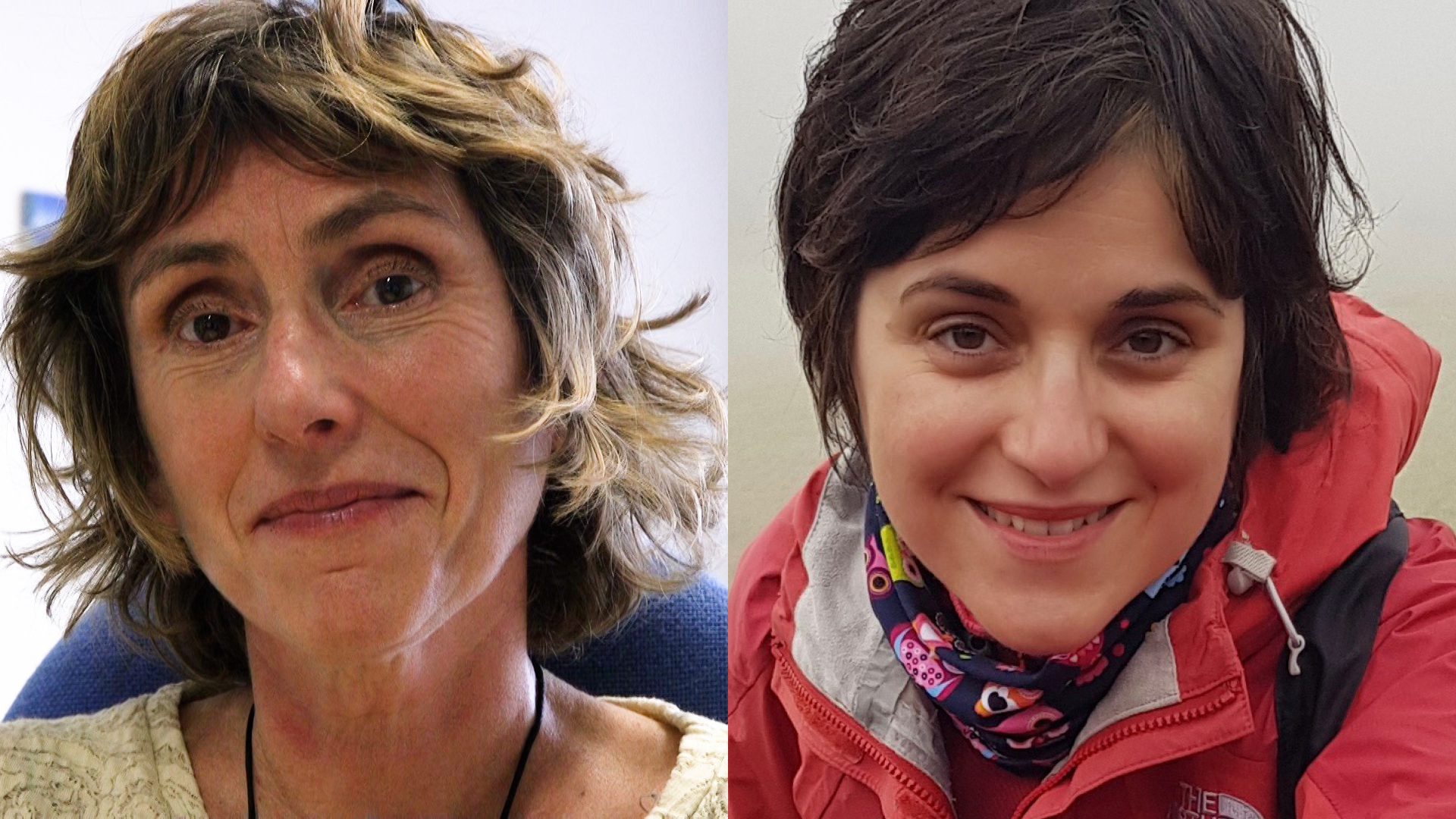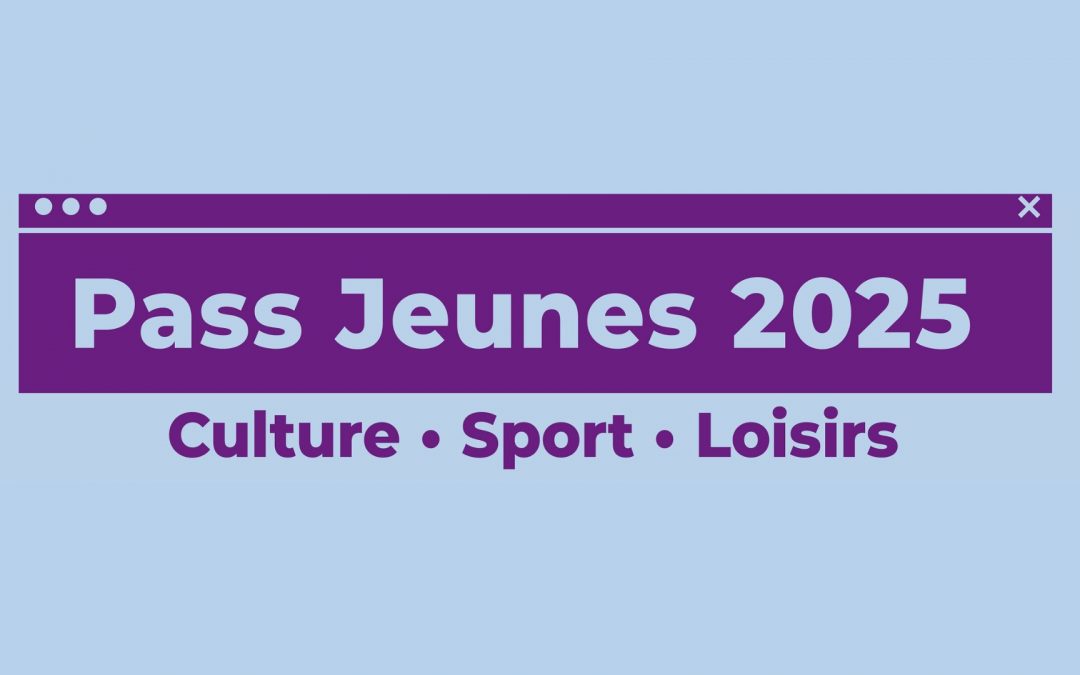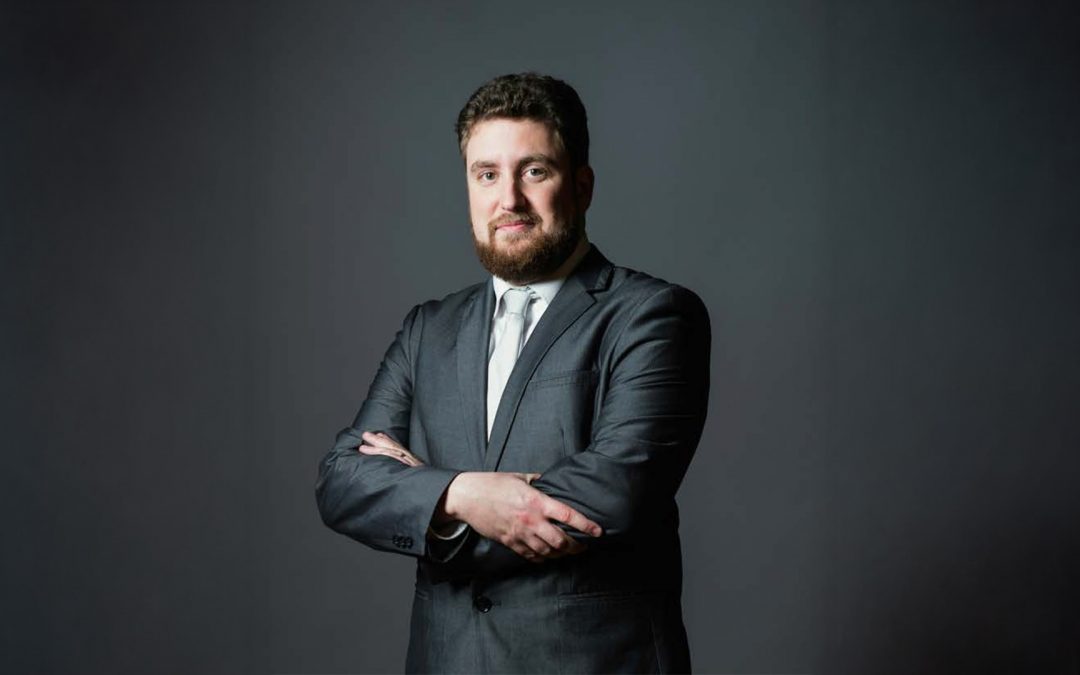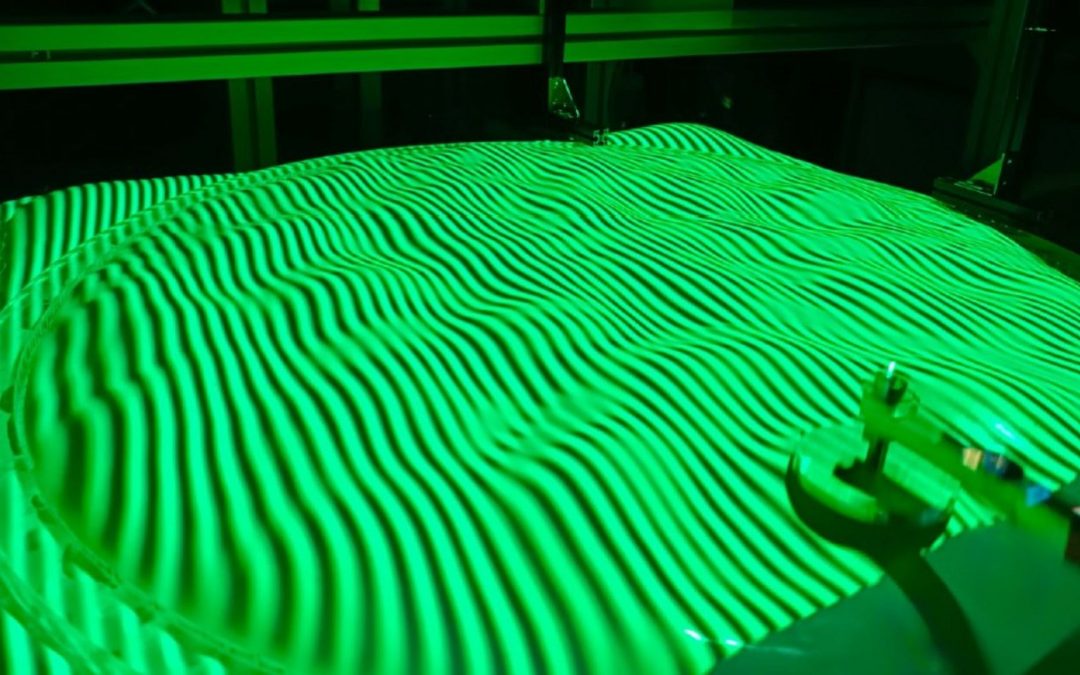As part of Université Paris Cité’s international guest researcher programme, Prof. Anne Abeillé is hosting Prof. Gabriela Bîlbîie, from the University of Bucharest in Romania. Our two professors are linguists specialising in theoretical and experimental syntax. We interviewed them and learned more about their collaboration on elliptical constructions, one of their key research topics.

© Anne Abeillé and Gabriela Bîlbîie
Why did you invite Pr. Bîlbîie to your laboratory?
Pr Abeillé : This invitation is part of a long-term collaboration in both research and teaching. I’ve known Pr Bîlbîie for around twenty years, as she defended her doctoral thesis in 2011 at Paris Diderot. At the time, I supported her Master’s degree in theoretical linguistics and her doctoral and post-doctoral research.
It represents a unique opportunity to strengthen our collaboration and enhance the research experience of our students. It is also a great way to forge international ties, with a focus on expanding our international network.
Our discussions are extensive. Some members of the Linguistique Formelle laboratory have been invited several times to teach in Bucharest. The laboratory’s environment is extremely internationalised; we have colleagues on the team who come from different countries and others who have worked in institutions abroad.
What are your areas of research?
Pr Abeillé: In our laboratory, our goal is to open up new perspectives through an integrative approach, fostering sharing of data, methods and theories between different languages and different branches of linguistics. In Labex EFL, we adopt a collaborative and experimental approach with teams from various backgrounds; theoretical, descriptive and applied linguistics, psychology and computer science. Prof. Bîlbîie conducts comparative research on Romance languages (derived from Latin), such as Romanian, French and Spanish, from a perspective specific to our laboratory. We are studying in particular the phenomena of coordination, ellipsis, mismatch problems between complete and elliptical sentences, and parallelism constraints (between conjunctions).
Can you tell us more about elliptical constructions?
Pr Bîlbîie: I compare Romanian with other Romance languages, in particular, French and Spanish from a syntactic point of view, but at the interface with other linguistic levels (in particular, semantics and discourse). In most of my work, I have made comparative studies of verb-free sentences in Romanian and French, known as elliptical sentences. We define ellipsis as a relationship between a sequence of constituents whose interpretation requires more than is given by the words that make it up, and a complete expression present in the context (or inferred from the context), which provides the incomplete sequence with the material it needs to be interpreted. For example, the sequence What time? is a sentence without a verb, and is not interpreted in the same way after I’m going to the concert or after You need to go to the doctor.
The objective of my early research into ellipsis was to define the factors involved in describing different elliptical constructions. So it was more of a theoretical, formal approach. Since 2013, I’ve adopted an experimental approach, setting up parallel online experiments in several Romance languages. In particular, I wanted to identify the factors involved in the description of two elliptical constructions, namely coordinations with verbal ellipsis (I leave on Monday and you on Tuesday), known as “gapping“, and elliptical comparatives (Jean is good at repairs [like Marie at decorating].), to show that there isn’t a strict identity between the complete sequence (without ellipsis) and the elliptical sequence. While most studies devoted to gapping are limited to coordination, I wanted to show that gapped constructions could be subordinate (He lies all the time, whereas I never do.), and that gapped constructions in comparatives allowed casual alternation (nominative vs. accusative) for the subject in Romanian. Gapping has been the subject of a great deal of research in various languages including, in particular, English, German, Japanese and Korean, but there has not been equivalent research done in Romance languages. This enables us to discover new generalisations, advance theories and measure parallelism constraints.
So how do the students get involved?
Pr Abeillé: Through the Graduate School of Linguistics, we have students who come from Romania to work on a Master’s degree in Romanian and Romance languages, using quantitative and experimental methods. They participate in Labex EFL and our summer schools. Some of them go on to do a PhD, sometimes co-directing with colleagues in Bucharest. We also have an Erasmus agreement with the University of Bucharest, whereby every year we host undergraduate and graduate students in linguistics.
Pr Bîlbîie: Thanks to my time spent in Paris, I’m able to work closely with the Master’s and PhD students who are actively involved in research projects, particularly in setting up experiments. It’s a good way for them to publish and work on a collaborative project.
What are your future plans?
Pr Abeillé: We’re organising a summer school in June for students from the Graduate School of Linguistics. It’s also an opportunity for other international PhD students to come to Paris. Prof. Bîlbîie is a member of the organising committee and is coming back at this time for a thesis defense. In September, we will coordinate a workshop on ellipsis as part of an international conference dedicated to linguists in Poznań which takes place every 5 years.
Pr Bîlbîie: We plan to continue the series of workshops on ellipsis entitled Experimental and Corpus Based Approaches to Ellipsis. It attracts specialists from all over the world and produces high-level publications. “In a way, Université Paris Cité has become my home,” concludes Pr Bîlbîie.
Anne Abeillé is a Professor in the Linguistics Department at Université Paris Cité. She is a member of the CNRS Laboratoire de linguistique formelle, an honorary member of the Institut Universitaire de France and an active member of the EFL labex, the Société de linguistique de Paris and the Academia Europaea.
Gabriela Bîlbîie is a lecturer in the French Department of the University of Bucharest, Faculty of Foreign Languages and Literatures, and a specialist in elliptical constructions.
Read more

Lévitation magnétique : un modèle simple pour un phénomène complexe
Une équipe du laboratoire Matière et Systèmes Complexes (MSC - Université Paris Cité/CNRS), en collaboration avec le laboratoire de physique de l’ENS Lyon, a décrit, pour la première fois par un modèle simple, le mécanisme de la lévitation magnétique d'un aimant placé...
read more
Été 2025 : profitez de Paris à prix mini avec le Pass Jeunes !
Vous avez moins de 25 ans ? Cet été, ne manquez pas le Pass Jeunes 2025, un dispositif gratuit de la Ville de Paris qui vous donne accès à 41 activités culturelles, sportives et de loisirs, gratuites ou à tarifs très réduits, jusqu'au 30 septembre 2025. Étudiantes et...
read more
Boris Chaumette, la science au service de la santé mentale
Psychiatre et neuroscientifique reconnu, Boris Chaumette œuvre au développement d’une évolution médicale majeure : la psychiatrie de précision. Sa sélection au programme franco-britannique Young Leaders 2025 met en lumière l’excellence de ses travaux et constitue une...
read more
Quand les ondes imitent le comportement d’un gaz
Marlone Vernet et Eric Falcon, physiciens au laboratoire Matière et Systèmes Complexes (MSC - Université Paris Cité/CNRS), ont observé un phénomène étonnant : dans un système agité de manière aléatoire, des ondes peuvent se comporter comme les molécules d’un gaz....
read more